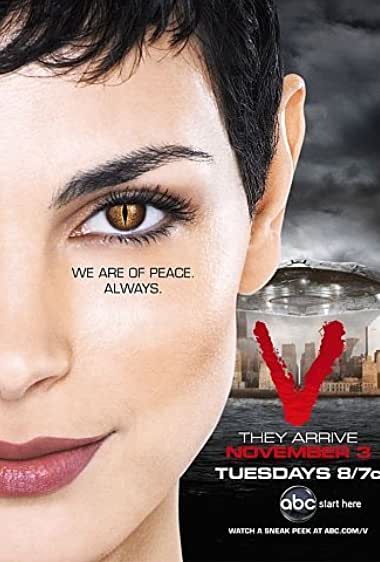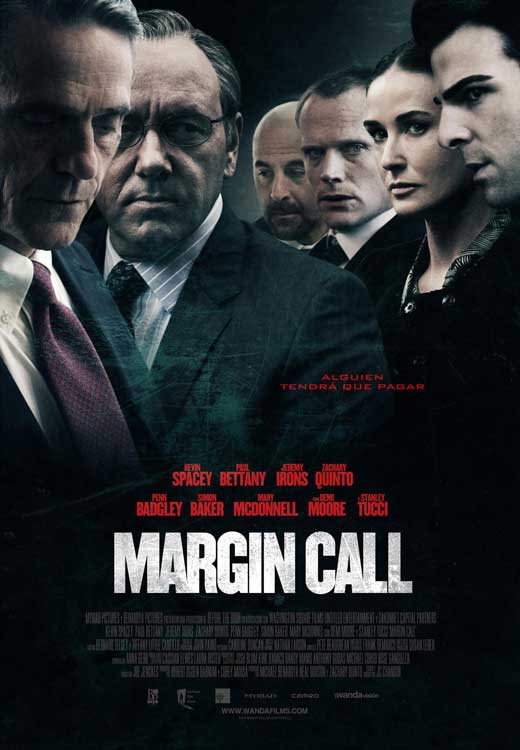“Liberal Economic “Lessons” and Stereotyped Immoral Capitalists”

| None | Light | Moderate | Heavy | |
|---|---|---|---|---|
| Language | ||||
| Violence | ||||
| Sex | ||||
| Nudity |
What You Need To Know:
MARGIN CALL is dramatic and well acted. That said, the movie suffers from some lazy writing. Throughout multiple scenes, the dialogue becomes hackneyed and vague. It also stereotypes the entire financial industry. Ultimately, therefore, the movie’s just another politically correct attack on capitalism containing some false revisionist history about the 2008 financial meltdown. MARGIN CALL also contains abundant foul language, which also makes it unacceptable viewing for anyone. Please go to Movieguide.org for more details.
Content:
(PaPaPa, PCPC, RHRH, ACapACap, LLL, S, N, A, D, MMM) Very strong pagan worldview with strong politically correct elements and leftist revisionist history attacking capitalism and the so-called “politics of greed” as the movie’s wealthy fictional characters seek personal financial gain before the Sept. 2008 economic crisis hits and deprives them of all their money and wealth; 83 obscenities and 13 profanities; no violence; one man shares story of how much money he’s spent on prostitutes and a visit to a strip club but nothing shown; naturalistic upper male nudity and men are inside a strip club but no nudity is shown, only implied; characters are seen drinking in a bar and one character carries a bottle with him into his office, taking a few swigs before throwing it away; several characters smoke cigarettes in multiple scenes; and, politics of greed, headhunting in the financial industry, backstabbing, lying, people seen being fired, and people stay loyal to company only for money.
More Detail:
While the movie explores the varying stories of an ensemble cast, it largely focuses on Sam, played by Kevin Spacey. Sam is a 34-year management veteran within his investment firm. Sam oversees an entire floor of young, aggressive day traders – most notably Zachary Quinto (Spock from the recent STAR TREK reboot and NBC-TV’s HEROES) and Penn Badgley (of CW’s salacious drama GOSSIP GIRL) – who are as driven as they are greedy.
However, after a series of corporate cuts that includes Quinto’s and Badgley’s direct supervisor (Stanley Tucci), Quinto’s character, Peter Sullivan, burns the midnight oil in order to impress his new supervisor, Will (Paul Bettany). While running some market forecasts that begun by his former supervisor, he discovers an alarming trend predicting a horrific financial outcome, not only for his company but also for the global investment market.
Even though it’s nearly midnight, Peter phones Will and shares his findings. Soon, Will, Sam, and several other top-level execs, including the company’s CEO John Tuld (played by Jeremy Irons) are at the office, listening to Peter’s forecast of financial doom. In the following hours, the company deals with the financial and moral implications of its position in the investment industry. Those implications include the self-preservation and financial tactics the owners and top-level executives undertake to preserve their high status and lifestyle. As dawn and the opening of the market quickly approaches, every person must deal with their role in the coming financial Armageddon.
MARGIN CALL is very well performed. Relative newcomer Zachary Quinto holds his own among screen veterans like Kevin Spacey, Stanley Tucci, and Jeremy Irons. The direction is never obtrusive and always complements the strong performances.
That said, the movie suffers from some lazy writing. Throughout multiple scenes, the dialogue becomes hackneyed and vague, relying on technical/financial mumbo-jumbo rather than specifically addressing one particular, well-defined crisis for the firm. Ultimately, the economic crisis in the movie merely serves as a cursory MacGuffin, the device around which the plot, character interactions, and performances revolve (see http://dictionary.reference.com/browse/mcguffin). However, the character interactions eventually fail dramatically because the economic crisis is so vague and the dialogue in some scenes so cliche, that the whole movie becomes almost laughable.
MARGIN CALL also suffers from an excessive amount of very strong language – 83 obscenities and 15 profanities. The movie also has a very strong pagan worldview with strong politically correct elements and leftist revisionist history attacking capitalism and the so-called “politics of greed,” including the allegedly rampant corruption in the financial industry.
Given the current state of America – and the world’s – cultural crisis (as evidenced by the ridiculous, Marxist-inspired “Occupy Wall Street” protests and their co-opting by the phony partisans leading the “progressive” movement these days, etc.), MARGIN CALL will bathe the unwashed, uneducated masses into an even further hatred of the financial industry. Like the nattering nabobs of the loony left, the movie and its filmmakers stereotype the entire financial industry as the self-serving 1% who ignores the other 99%. This crude demonization could spur even further civil unrest by modern-day hippies and other leftist malcontents. However, any mildly educated person – as well as any media-wise viewer – will be able to “read between the lines” of MARGIN CALL and see possible corporate greed for what it is rather than the hackneyed, vague portrayal conceived by J.C. Chandor, the writer/director of MARGIN CALL.


 - Content:
- Content: 

